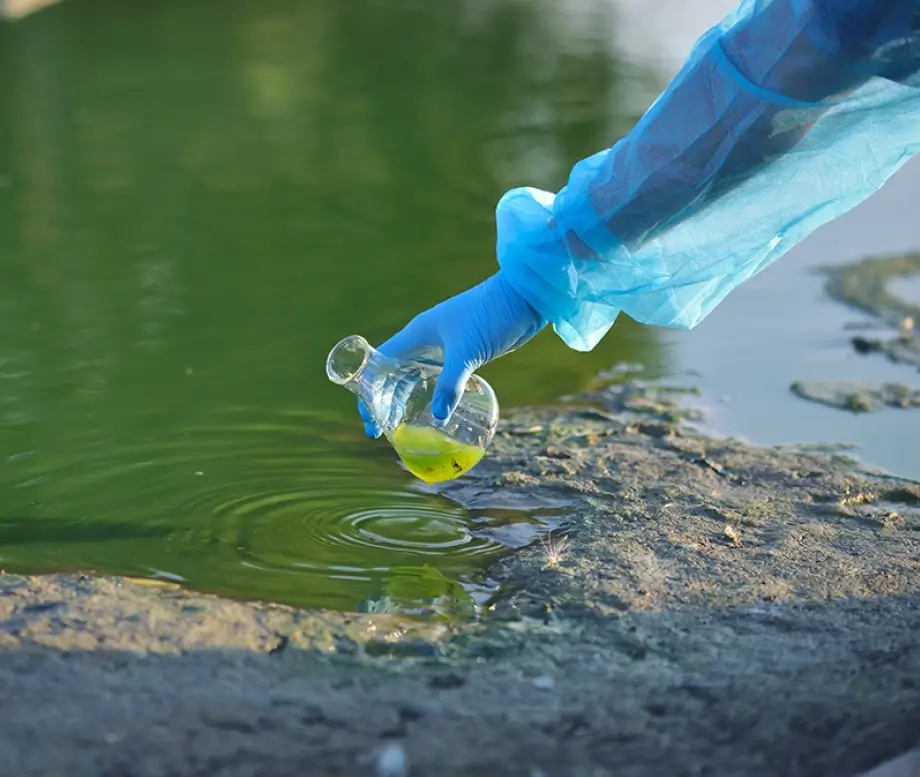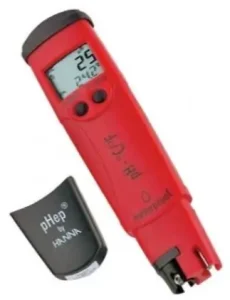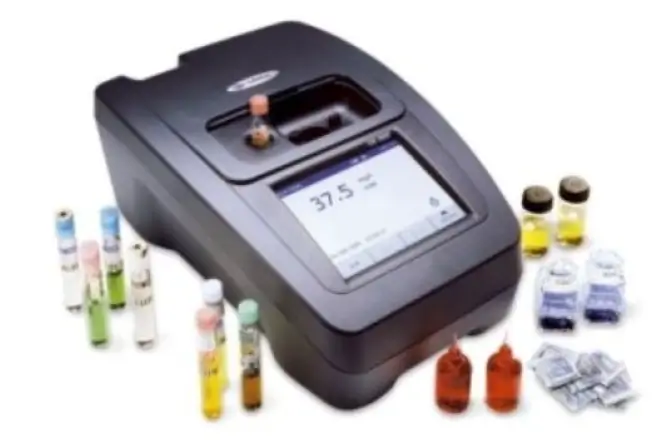Field Measurements - Monitoring Compliance
Water Pollution Management
Why Monitor in the Field?
- Identifying changes or trends in water quality over a period of time.
- Identifying specific water quality problems.
- Collecting data to aid with the design of pollution prevention systems.
- Determining whether water quality is in compliance with regulations and controls.
- Allow immediate changes to treatment system settings.

Continuous Monitoring


- Sampling interval can vary to fit the sites needs.
- Monitoring signal can be used to sound alarm conditions.
- Enables understanding of the variability in the data.
- Enables links between results and site processes to be better understood.
Spot Sampling

- Spot samples may not show true variability in composition.
- Not easy to link data to on-site processes.
- Sampling in relation to work activities may be required.
What Can Be Monitored
Common Field Measurements
- Flow Rate
- pH
- Dissolved Oxygen
- pH
- Temperature
- Electrical Conductivity
- Turbidity
- Metals




Simon Skentelbery
General Manager
John F Hunt Regeneration Ltd
London Road
Grays
Essex
RM20 4DB
M: 07967 306 517
E: simon.skentelbery@johnfhunt.co.uk
W: johnfhuntregeneration.co.uk